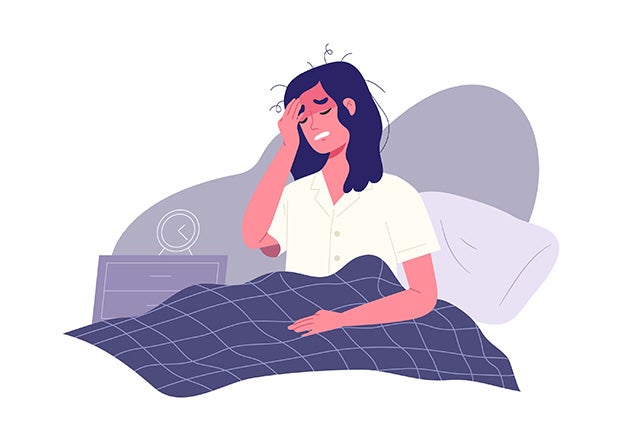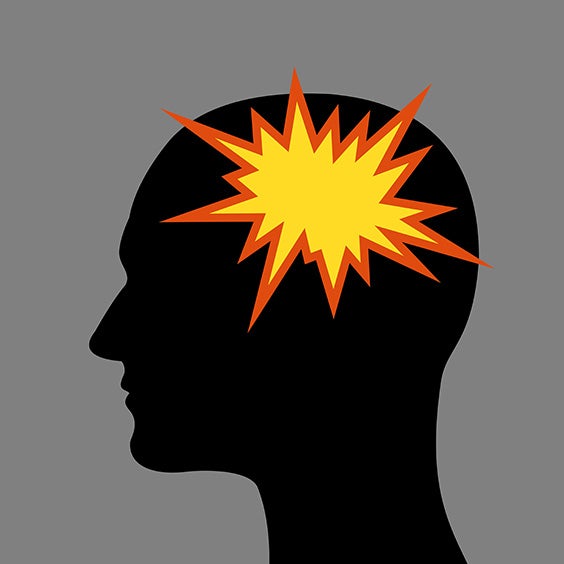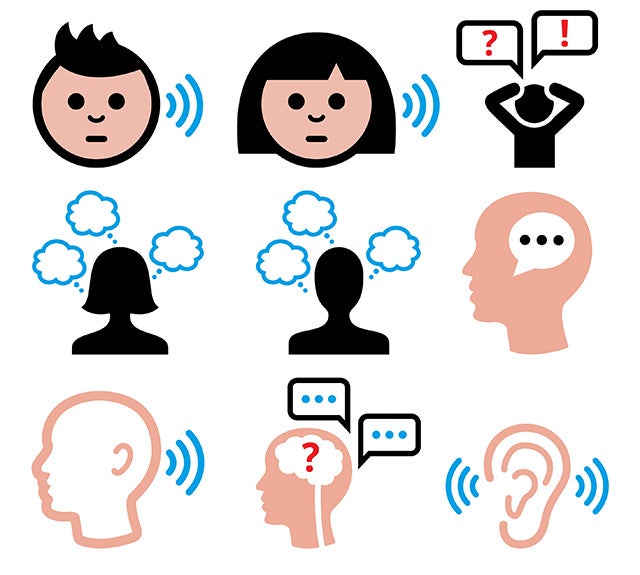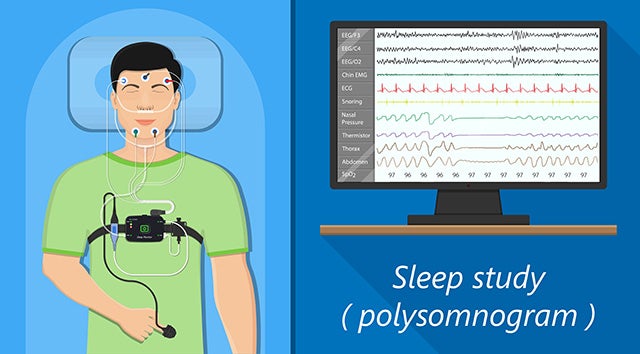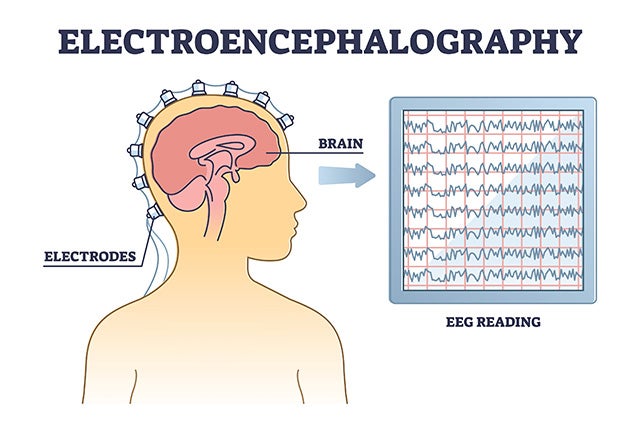Do you ever wake up due to a powerful, thunder-like noise that’s not real? You could be suffering from exploding head disorder. If you’re scared of what that means and unsure what to do about it, you’ve come to the right place!
What Is Exploding Head Disorder?
Exploding head disorder (EHD) or exploding head syndrome (EHS) is a benign, underdiagnosed sensory parasomnia. EHD is characterized by brief auditory or visual hallucinations (“explosions”) without external stimuli.
These episodes can accompany other sleep-related symptoms, such as sleep paralysis and hypnagogic hallucinations. Although EHD is not associated with any underlying medical condition, it can be triggered by stress, fatigue, or certain medications.
Treatment for EHD typically involves lifestyle changes and relaxation techniques. In some cases, cognitive behavioral therapy may also be recommended.
What Causes Exploding Head Disorder?
Exploding head disorder is characterized by brief episodes of loud noise that originate from within the head. The noise can be extremely loud, often described as sounding like a bomb explosion, gunshot, or thunderclap.
Although the cause of exploding head disorder is unknown, it is believed to be associated with stress and fatigue. The condition is most commonly seen in middle-aged adults, and women are affected more often than men.
Exploding head disorder is not dangerous and does not cause any lasting damage to the individual.
Does Exploding Head Disorder Go Away?
EHD is harmless and does not indicate the presence of any other major medical issue. Your episodes should go away over time if you get reassurance from your healthcare professional, educate yourself about this disease, and take steps to eliminate any triggers you may have.
Is Exploding Head Syndrome a Mental Illness?
Exploding head syndrome is not a mental illness. This sleep disorder is characterized by loud, sudden noises within the person’s head.
Even though the exact cause of exploding head syndrome is unknown, it is not believed to be associated with any underlying mental or physical health condition. Most people with this condition do not experience any long-term effects, and the episodes usually occur only sporadically.
In rare cases, exploding head syndrome may indicate a more serious underlying health condition, such as a brain tumor. But, no treatment is necessary, and the disorder does not significantly impact a person’s quality of life.
How Is Exploding Head Disorder Diagnosed?
EHS is usually diagnosed after ruling out other potential causes of the symptoms, such as seizures or migraines. A detailed sleep history is often taken to identify any potential triggers for the episodes. In some cases, sleep studies may also be conducted to rule out other sleep disorders.
Although there is no cure for EHS, many people find that their symptoms improve with stress-reduction techniques and medication
Sleep specialists usually perform several tests to rule out other potential health problems.
Polysomnogram
This test assesses the brain and body’s activity while the subject is sleeping. While asleep, the polysomnogram monitors and records your breathing patterns, rhythm, heart rate, brain waves, and eye movements.
Electroencephalogram
During this test, your brain activity will be recorded. It helps detect nocturnal epilepsy, which occurs during the night.
MRI
Magnetic resonance imaging uses a giant magnet to get images of your body and brain.
How Common Is Exploding Head Syndrome?
Exploding head syndrome is a strange condition that causes people to experience the sensation of a loud explosion or bang in their head. It is a relatively rare condition, affecting an estimated 10 percent of the population.
Even though the exact cause of EHS is not known, it’s believed to be linked to stress or fatigue.
Should I Be Worried About Having EHD?
The condition is not dangerous and does not cause any lasting damage. However, it can be alarming and disruptive.
Exploding head syndrome often occurs at night, causing people to wake up with a start. It can also occur during the day, often during periods of stress or fatigue.
Treatment for exploding head syndrome typically involves lifestyle changes and stress management. If lifestyle changes do not help, medication may be recommended. In most cases, exploding head syndrome is a benign condition that does not require treatment.
However, it can be disruptive and stressful. It is important to seek medical help if the condition is causing distress.
Final Words on Exploding Head Disorder
Exploding head disorder is a condition that is not very well known but can be very debilitating for those who suffer from it. People with this disorder often experience a loud noise or bang in their head when falling asleep or waking up.
While the cause of this disorder is unknown, some methods can be used to help reduce the symptoms. Suppose you think you may have an exploding head disorder. In that case, it is important to speak with a doctor to get diagnosed and start on the road to recovery.
Photo credit: M-SUR/Shutterstock; Madua/Shutterstock;
RedKoala/Shutterstock; Pepermpron/Shutterstock;
VectorMine/Shutterstock; nat20/Shutterstock;
TSViPhoto/Shutterstock
